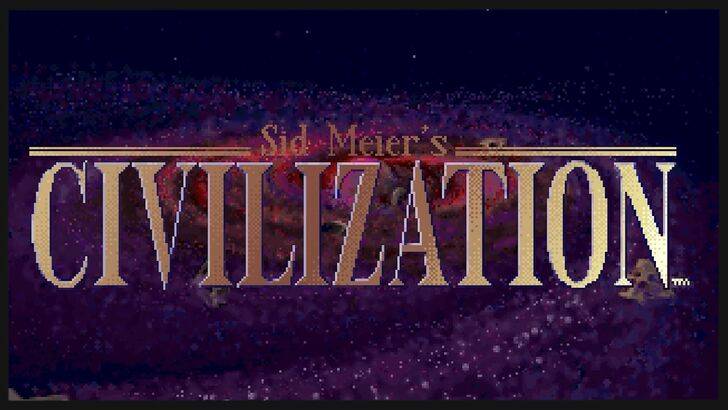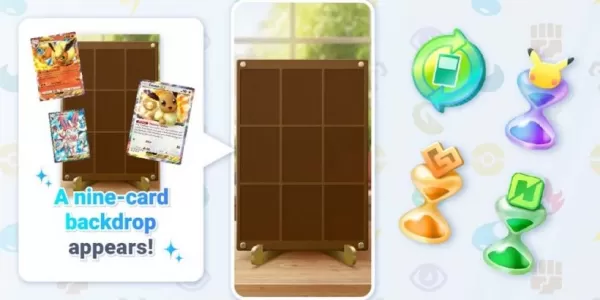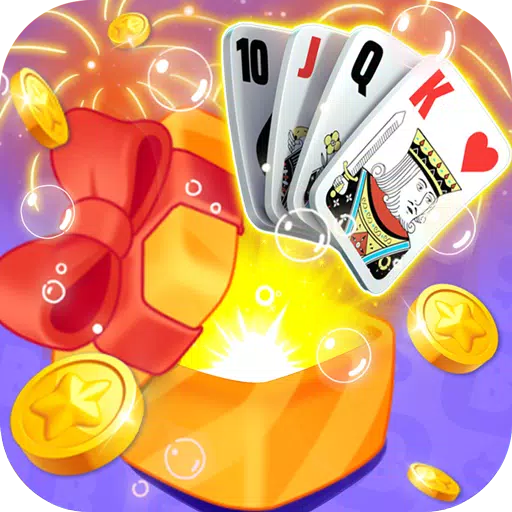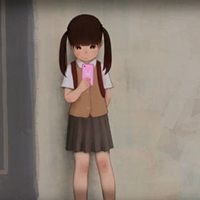Nintendo has announced plans to streamline development timelines for certain game projects as a strategic response to the mounting risks associated with modern game production, especially as the company transitions into the Switch 2 era.
Nintendo President Shuntaro Furukawa recently informed investors that escalating development budgets—driven by increasingly ambitious projects and higher production values, coupled with rising costs for consumers—are making the already high-risk game business even more precarious.
To address this challenge, Furukawa indicated that Nintendo is experimenting with shorter development cycles for select software, viewing this as a potential way to mitigate financial exposure.
In a recently translated investor Q&A session, the company’s president acknowledged that development budgets are swelling as projects demand more time and resources. While passing on these increased costs to consumers through higher prices is one approach, he warned that this could also reduce the pool of players who can afford the games.
“Game software development has grown in scale and scope, leading to longer production times and higher expenses,” Furukawa stated. “The video game industry has always carried significant risk, and we recognize that escalating development costs are amplifying that risk.”
The Nintendo Switch 2 debuted alongside the company’s first-ever $80 title, Mario Kart World, following a generation in which major releases like The Legend of Zelda: Tears of the Kingdom were priced at $70.
At the time, Nintendo defended Mario Kart World’s price point by emphasizing its value proposition, clarifying that it would not set a new standard for all future releases. The company highlighted its commitment to variable pricing—as seen with the $10 collection Nintendo Switch 2 Welcome Tour and the upcoming $70 blockbuster Donkey Kong Bananza.
Still, Furukawa emphasized that Nintendo is exploring ways to continue delivering the unique, inventive experiences fans love while keeping development budgets manageable and game prices accessible to a broad audience.
“Our development teams are exploring various strategies to retain our distinctive creative philosophy in the face of growing project scales and longer timelines,” Furukawa explained. “We consider it essential to invest in tools and processes that boost development efficiency.”
This is where the concept of shorter development cycles enters the picture—the idea that Nintendo can produce compelling games by carefully scoping projects to contain costs while preserving quality and player satisfaction.
“We also believe it’s feasible to develop high-quality games on shorter timelines that still feel fresh and innovative to players,” Furukawa concluded, though he did not cite a specific example. “We see this as one viable approach to tackling the dual challenge of rising development costs and retail prices, and we intend to investigate it thoroughly across the organization.”
Nintendo has previously faced fan criticism for pricing the Nintendo Switch 2 Welcome Edition at $10 rather than including it for free, as with Wii Sports. The company has also charged $10 upgrade fees for both The Legend of Zelda: Breath of the Wild and Tears of the Kingdom, and will require Super Mario Party Jamboree owners to pay $20 for the enhanced Switch 2 version, which includes additional modes.








